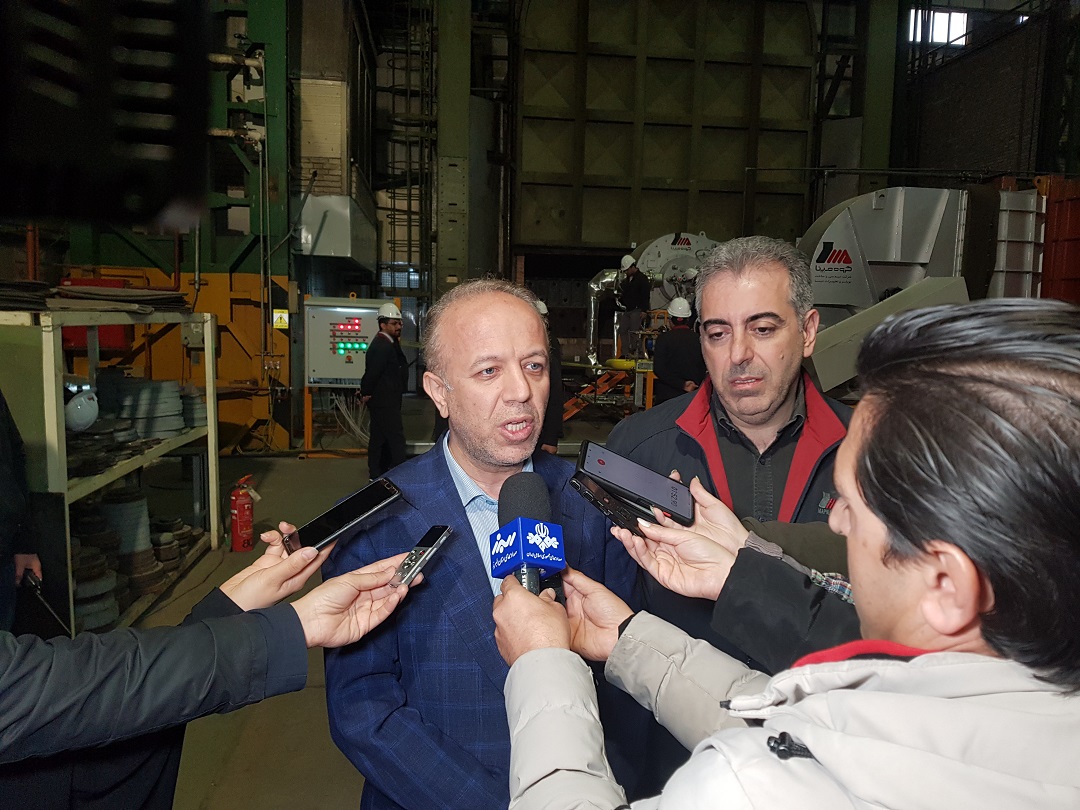MAPNA Boiler and Equipment Engineering and Manufacturing Company has announced the successful design, manufacture, and test of a low NOx burner, a technology that reduces nitrogen oxide emissions from combustion processes.
The company’s achievement was witnessed by Mohammad Mousavi, Deputy Industry Minister of Machinery and Equipment, who visited the company’s facilities in Alborz Province.
Mousavi praised MAPNA Group for joining the ranks of leading German, French, and Dutch companies that have developed this technology.
Fardin Shahriari, CEO of MAPNA Boiler and Equipment Engineering and Manufacturing Company, explained that the project involved acquiring and applying the knowledge of designing, simulating, manufacturing, and testing industrial burners with a capacity of 30 to 100 MW using common fuels.
He said that low NOx burners are designed to control the combustion process in a way that minimizes the production of nitrogen oxides, which are harmful pollutants that contribute to smog, acid rain, and ozone depletion.
He added that achieving stability and proper flame dimensions in the burners was a challenge that required precise design and validation.
Shahriari emphasized the importance of burners as essential components of combustion systems in different industries and power plants, and said that the performance and pollution levels of these systems depend greatly on the proper functioning and design of the burners.
He expressed MAPNA Group’s commitment to achieving a strong position in this field by conducting extensive research and development, providing necessary infrastructure for high-capacity burners that can use various fuels, as well as proper emissions control.
Shahriari also highlighted the benefits of localizing and in-house manufacturing of this product, which he said was vital due to its strategic importance and its need across various sectors.
He said that the company successfully achieved product localization that saves 30% for the country compared to the product import.
Low NOx burners are designed to optimize the combustion process, resulting in improved energy efficiency. By precisely controlling the fuel and air mixture, these burners enhance combustion efficiency and reduce energy waste.

